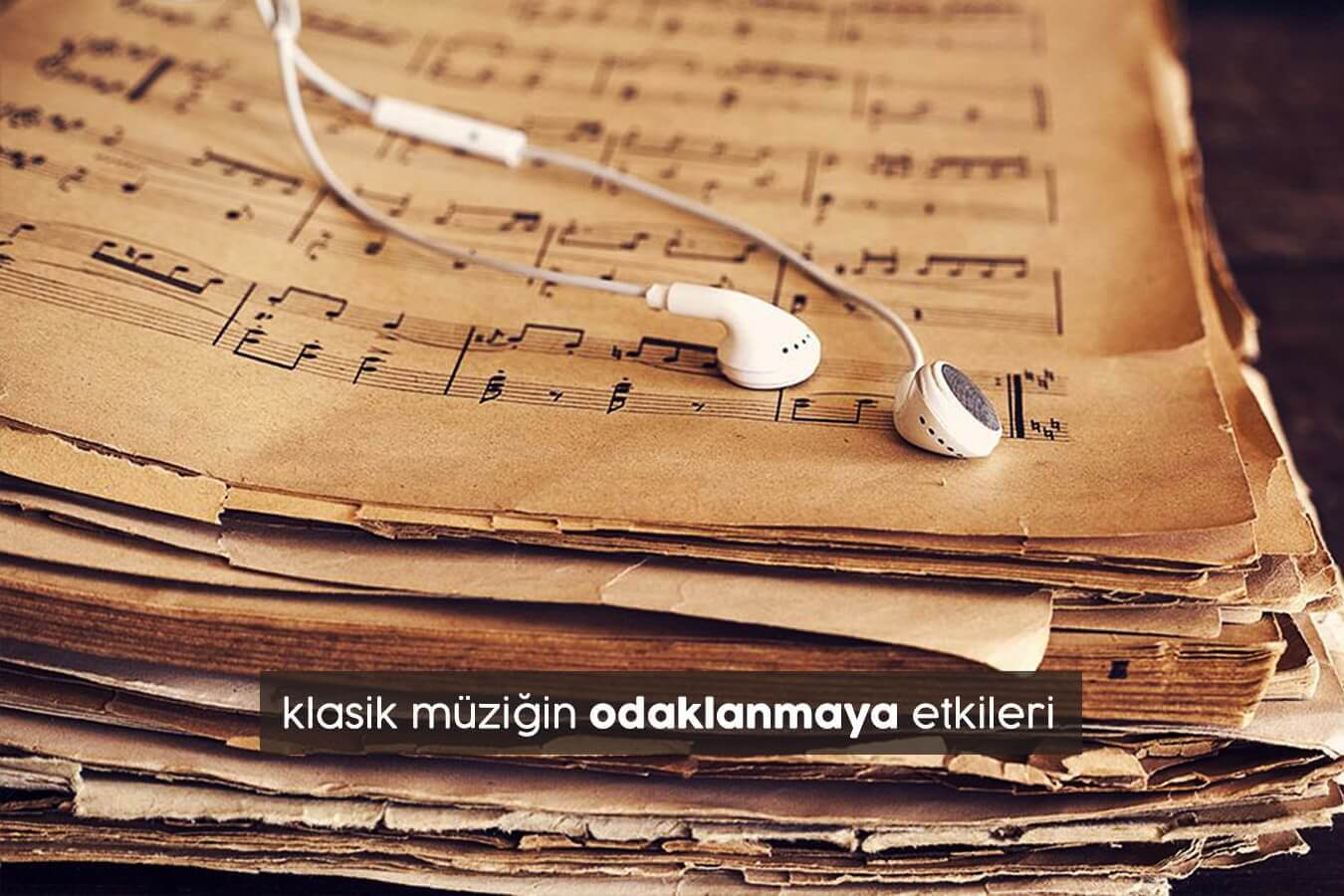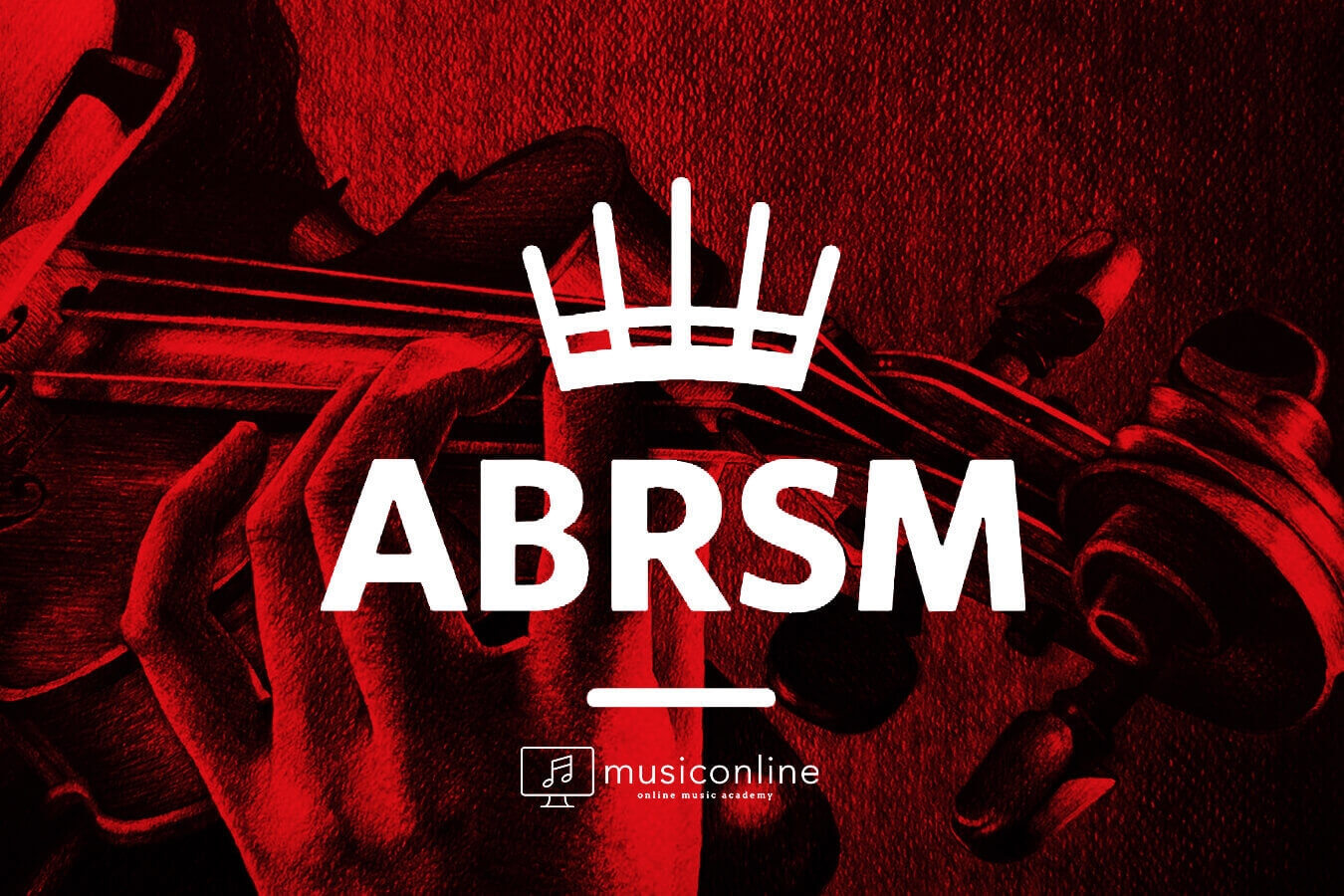musiconline blog
news about us & everything about music on our blog!
Relationship between Music and Mathematics
Ancient philosophers connected the basis of music which is perhaps the oldest of branches of art with the natural rhythmic order and harmony of the universe.
Human body structure, functioning, moon, sun, planets move in a certain rhythm. Many philosophers throughout history, particularly Plato and Aristotle, emphasized the relationship between music and mathematics and defended the idea that music is the most supreme art that is free from substance and directly connected with the human spirit.
The mathematics encountered in Egypt and Mesopotamia since 3000 BC can be described as a branch of science that examines abstract beings such as numbers, dots, clusters and their relations.
While music is an element of art, mathematics is an element of science. Music deals with what is ‘’good’’ whereas mathematics deals with what is ‘’right’’. When considered from this point of view, music and mathematics, which seem to be independent from each other, have developed collaterally since they existed in history.
Since both disciplines are aesthetic and have a universal language, they have been associated with each other since ancient times. As a matter of fact, music has been accepted as one of the four main branches of mathematics in Ancient Greece. If we look at the historical order of music, it emerged as a rhythm first, then as a tune and rhythm can only occur as a result of mathematical harmony.
One of the most important examples of the concord between music and mathematics is the harmony. The harmony has emerged with the coexistence of simultaneous mathematical harmony of different sounds. Pythagoras and those carrying his thought realized that the sound depends on the length of the drawn wire and established the relationship between harmony and integers in music.
The contribution of musical education to mathematical learning
Musical learning reveals person’s musical possessions in consequence of education, effect of the environment and capacity of a person. In this case, the education and musical guidance for the development of the musical talent is of great importance. In addition, with musical activities, people's understanding and use of mathematics and mathematical thinking skills are also evolving. Mathematical concepts such as number, time, calculation, sorting, and matching can be learned more easily by singing and rhythm.
In a study conducted by D. Georgi Lonunou in Bulgaria, this program has been applied with special music education to children of primary school age within a 2-year reading and mathematics program for a few weeks. Thanks to this practice, primary school children learned to read and write advanced algebra problems within a few weeks.
Solfege and Theory Lessons with musiconline
The aesthetic element of a musical piece can be understood by people who do not receive music education. Yet, in a mathematical theory, the listener or musician should also be able to sense the aesthetic aspect of the structure of music. Basic music theory allows us to obtain information about the harmonization of notes, sound sequence and tonality information. This alignment is supported by ear study and solfege studies. The methods we developed upon the undeniable importance of music in mathematics learning with our expert instructors are just a click away. If you want to get music lessons in an easily accessible way and rhythms to change your life, contact us!


